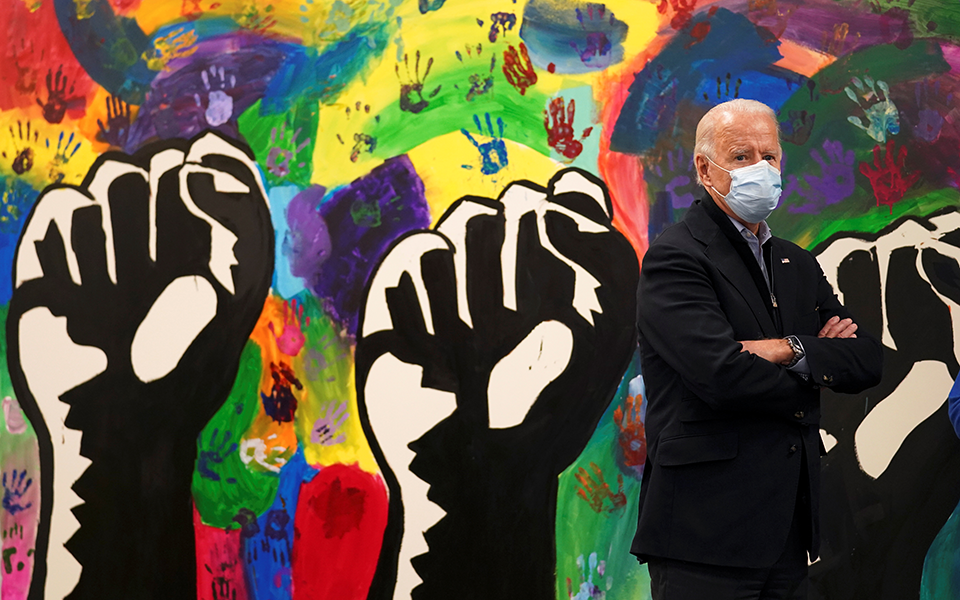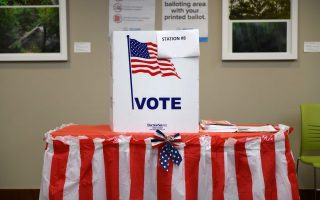The real losers of the US election

According to all indications, the uncertainty surrounding the final result of the US presidential election will continue. Some results may be determined through judicial appeals in the courts, while in other cases there may be vote recounts. Therefore, we may not know the winner for a while. However, we already know the big loser, and that is the pollsters.
These are the second presidential elections in a row where the polls were not confirmed. It is clear that whether Donald Trump wins or loses in the end, he did much better than the polls estimated, both nationally and in specific states. Pollsters cannot cite the peculiarities of individual states as the reason they failed to get it right, because even at the national level the difference did not hover around the nine percentage points predicted by almost all polls.
On the contrary, it will end up at about three percentage points, a little above the level it was in the 2016 elections when Hillary Clinton won the popular vote with 48%, against Trump’s 46%.
As far as individual states are concerned, the polls have again proved problematic. The showdown in Florida was predicted to be very close and some had even foreseen a Biden win, but the latter eventually lost by as much as 3.5%, a gap which, given the fact that elections in this state are traditionally very close, was unexpectedly large and in total contrast to the picture presented by the polls.
It is clear that on the occasion of this new failure of the polls in the United States, the largest democracy in the world, pollsters will be asked to reconsider the way they do their calculations, and the models they use in an era of intense geographic and social mobility.
The problem of inaccurate polls is of course not limited to the US, but it has been observed in other countries, including Greece – perhaps not in the last elections of 2019, but certainly in previous ones. In order for their polls to continue to be a useful tool of analysis, pollsters need to protect their credibility. They need to look for better ways to record the positions, aspirations and preferences of specific social groups which have now been shown to support anti-systemic parties at the ballot box, which are usually on the right of the political spectrum.
Finally, another parameter that influences the effective search for objective analysis has to do with the desires and preferences of the analysts themselves or the media in advanced democracies, who often see and interpret everything through an elitist prism which does not allow them to accurately evaluate behaviors with strong anti-systemic characteristics. As a result, they ultimately fail to faithfully assess reality.
In any case, one thing is certain: In these US elections, the pollsters recorded one of their worst performances in recent history.





